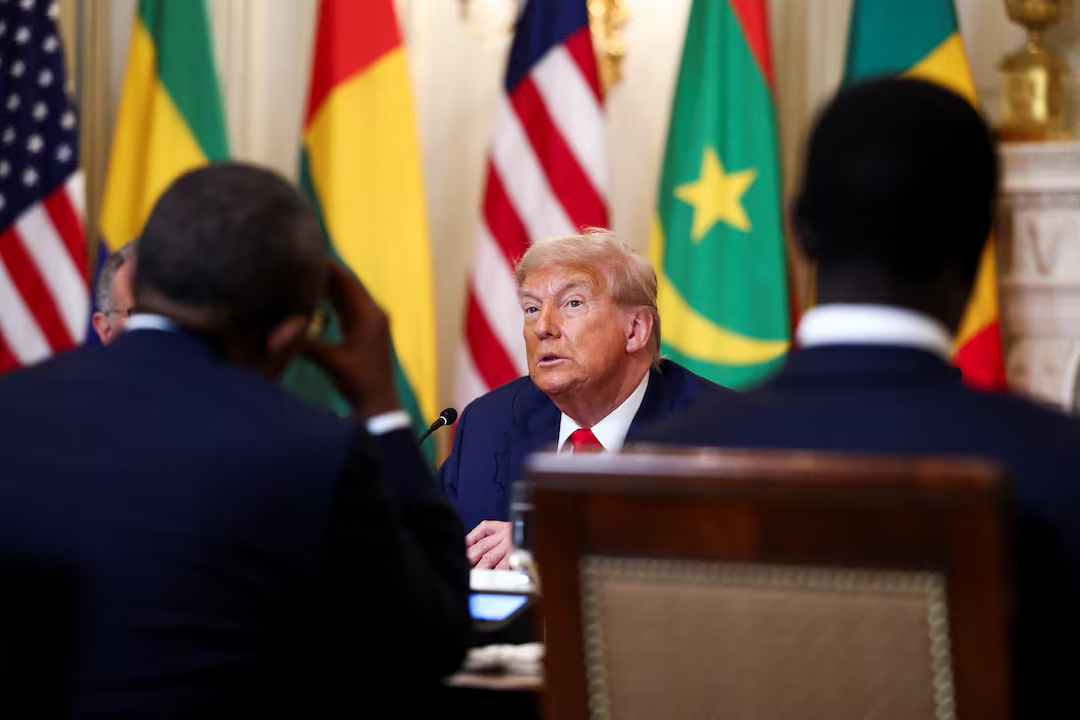Gabon faces pressure to accept U.S.-deported migrants under new washington proposal

Gabon may soon become a new destination for migrants deported from the United States, following a controversial request made during a high-level summit at the White House on July 10, 2025.
The meeting brought together U.S. officials and the presidents of Liberia, Senegal, Guinea-Bissau, Mauritania, and Gabon, where the Trump administration formally proposed that these countries begin accepting migrants expelled from U.S. territory—regardless of whether they are nationals of those countries.
The proposal, according to officials present at the summit, is aimed particularly at resolving situations where deportations are stalled because a migrant’s country of origin refuses or delays repatriation.
In such cases, the U.S. government is seeking alternative destinations willing to take in these individuals.
Gabon has now been identified as a potential host country under this developing policy.
Sources familiar with the talks say that Washington is leveraging the promise of expanded economic and diplomatic partnerships as incentives to secure agreement.
These incentives may include offers of economic or technical assistance, preferential access to U.S. programs related to security, infrastructure, and training, and even leniency on debt-related negotiations or foreign investment terms.
While the specific details of the arrangement with Gabon have not been made public, similar deals have already been struck with countries like Panama.
Discussions are reportedly ongoing with several others, including Rwanda, Libya, and South Sudan.
Critics argue that the policy raises significant ethical and legal concerns, particularly when it involves sending migrants to countries with which they have no personal or familial connection.
Human rights organizations warn that such agreements could amount to “outsourcing” immigration enforcement at the expense of vulnerable individuals.
Reports suggest that some African nations are under mounting financial and diplomatic pressure to comply.
As the Trump administration continues to prioritize deportations, observers fear that these partnerships could undermine international norms regarding asylum, nationality, and the rights of migrants.
Whether Gabon will ultimately agree to the deal remains unclear.
However, the implications—for migrants, for bilateral relations, and for international law—are already generating heated debate across the continent.
About The Author
dailymailafric
I am an avid African news observer, and an active member of Daily Mail Africa.
I’m Passionate about staying informed on diverse topics across the continent,
I actively contribute to publishing on political, economic and cultural developments in Africa.



